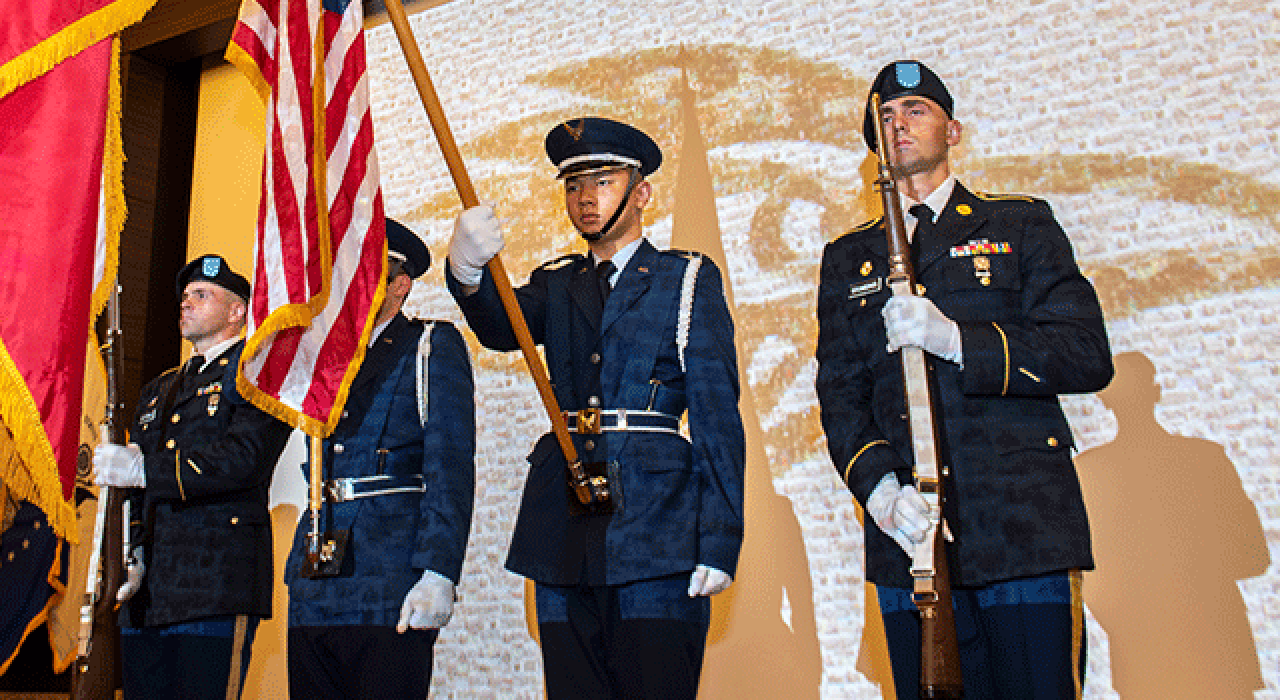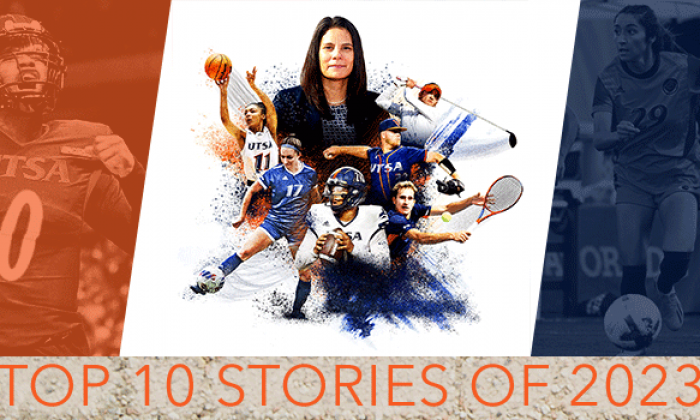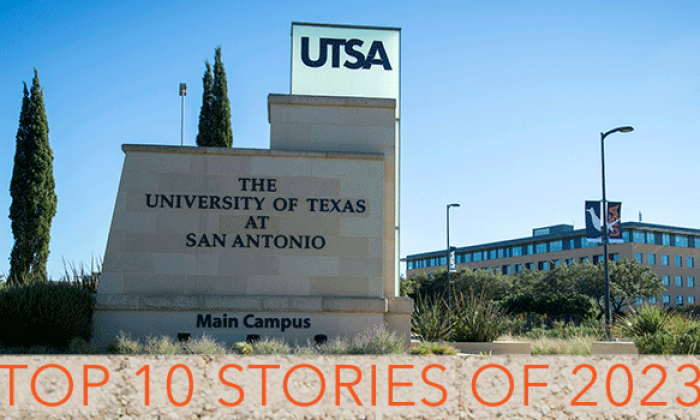JUNE 23, 2021 — UTSA’s commitment to supporting military-affiliated students has once again been recognized by Military Times. The publication included UTSA in its 2021 list of Best for Vets: Colleges.
More than 300 schools were evaluated through the latest Best for Vets: Colleges survey, which included more than 70 questions seeking details about the school’s costs, programs, policies and services that impact military-connected students. Federal data from the U.S. Departments of Education, Veterans Affairs and Defense was also considered.
UTSA has been a longtime leader in ensuring success for its student-veterans and other Roadrunners with military connections.
“We are very grateful that these ongoing efforts are once again recognized by the Military Times community.”
In recent years, the university consolidated its many veteran services within the Center for Military Affiliated Students, located on the first floor of the John Peace Library, to guide UTSA’s military community to network, socialize, discover benefits and more easily navigate the university. Leading up to 2020, the university’s Office of Veteran and Military Affairs (VMA) added new programming including priority registration and tailored orientation for veterans, veteran resource fairs, and professional development and wellness workshops.
During a trying pandemic year, the VMA team continued to check items off its to-do list stretching back to the establishment of the Center for Military Affiliated Students. They launched the first veteran and military-affiliated scholarship program in the university’s history and created walkthrough videos for students pursuing G.I. Bill and Hazlewood benefits. They also implemented new student benefit workshops and revamped the Chapter 33 certification process to drastically mitigate the instances of students encountering unintentional debts through the U.S. Department of Veterans Affairs.
Michael Logan ’10, M.Ed. ’11, Ph.D. ’19, UTSA’s senior director of veteran and military affairs, said the pandemic accelerated the university’s timeline to provide online certification and other digital services for student-veterans. Dedicated VMA staff not only worked long hours to ease that transition, but also collaborated with VetSuccess On Campus counselors to provide virtual office hours. Furthermore, the Operation Buddy Check call campaign was created to provide social and mental health support to all 1,600 student-veterans enrolled at the university.
“Our team consists of some very humble folks that would tell you they do what they do because supporting their fellow veterans and their family members is important to them—not for any recognition,” Logan said. “However, this team works very hard to constantly improve our service delivery and we are very grateful that these ongoing efforts are once again recognized by the Military Times community.”
A few more items will be crossed off the list soon. VMA will be better serving UTSA’s military-affiliated students on both the digital platform through a website redesign that’s expected to be finished in July, and in-person through additional space dedicated to Roadrunners with military connections opening later this summer.
Logan added that VMA will reinstate popular events such as Coffee With Vets and the second-ever Veteran Appreciation Reception when in-person operations resume at UTSA, in addition to placing a renewed focus on original research of the university’s military-affiliated students.
About 15% of UTSA’s total student population—or 5,000 students—are active-duty military members, veterans, reserves/guard, ROTC and military-connected family members.



